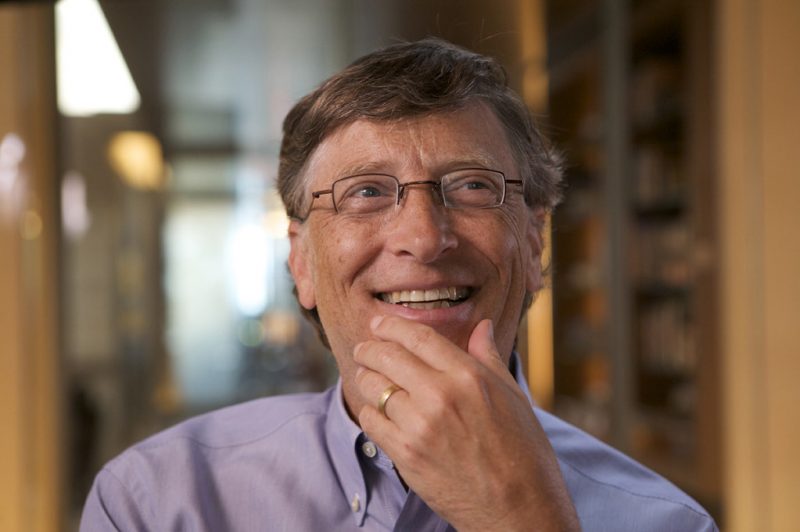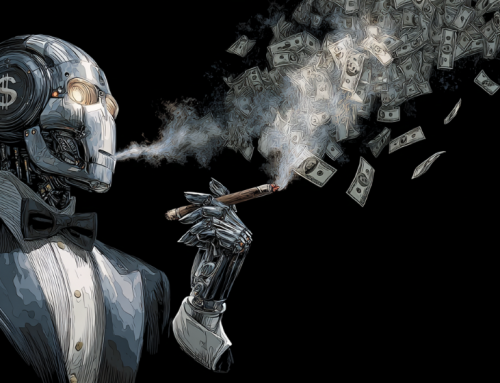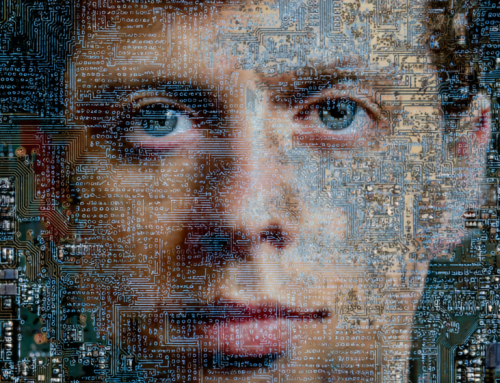Gates Predicts Great Health Care Benefts as AI Already Saves Lives
Microsoft Founder Bill Gates took a moment during a lecture at Cambridge University, named after the late physicist Stephen Hawking to make two major predictions: AI understanding of the microbiome will enable a cure for diseases like HIV and malaria and improve life by 2040.
Already, Gates, co-chair of the Bill & Melinda Gates Foundation, says child mortality has fallen sharply in the last 30 years. Death rates for children under 5 are half of what they were three decades ago, for instance, and more people are living into their 80s.
“What we see is that more people in the world are living to see old age,” Gates said. He has spoken on the issue many times in the past, citing the benefits over potential problems, such as fetal gender selection.
Already AI is having a tremendous impact in improving disease outcomes, according to a story on builtin.com. It cites 32 examples, including how PathAI is creating more accurate diagnoses for cancer and results through individualized treatment.
Harvard uses Buoy Health, an AI-based symptom and cure checker, which diagnoses and treat illness. A chatbot listens to a patient’s symptoms and health concerns, then guides that patient to the correct care based on its diagnosis.
Enlitic uses deep learning medical tools to streamline radiology diagnoses. The platform analyzes unstructured medical data (radiology images, blood tests, EKGs, genomics, patient medical history) to give doctors better insight into a patient’s real-time needs.
Gates told students in 2004 that effective machine learning could eclipse past technologies. ”If you invent a breakthrough in artificial intelligence, so machines can learn, that is worth 10 Microsofts,” Gates was quoted in a story on fool.com. Examples of machine learning advances in health care show that he may well be right.








Leave A Comment